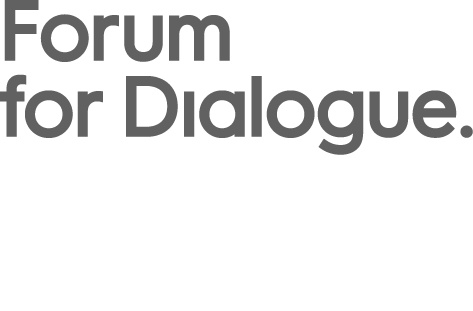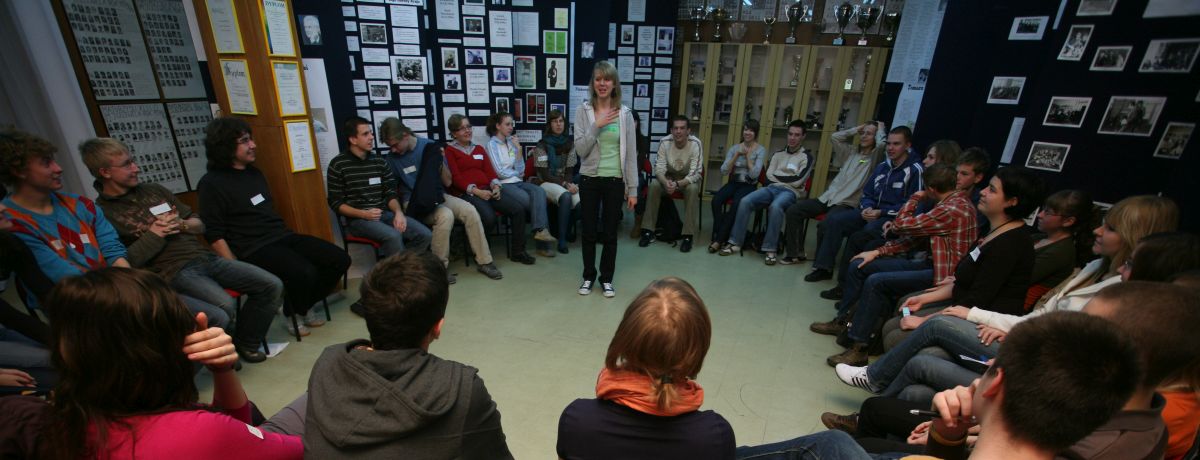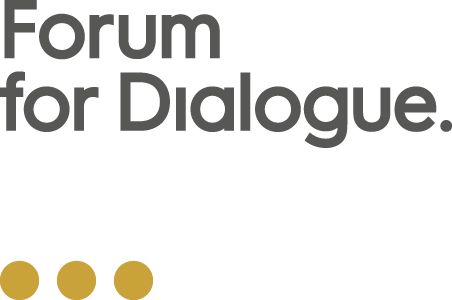The “Difficult Questions in the Polish-Jewish Dialogue” workshops had the form of hours-long meetings, aimed at raising sensitivity towards the issue of Polish-Jewish relations, and presenting the different perspectives on historical events. They were based on the book of the same title, published by the Forum of Dialogue in 2006, in cooperation with the American Jewish Committee. Why are there anti-Semitic inscriptions on walls? Does criticizing Israel count as anti-Semitism? What were the Poles’ attitudes towards Jews during the Holocaust? Polish high-school students discussed those questions, actively participating in dedicated activities and tasks. The workshops were conducted by experienced Forum educators, who put special emphasis on students’ independent work. They asked questions but did not force any answers.
During the workshops, high-school students played out scenes of, for example, a Pole meeting a Jew who left Poland just after the war and only came back in the 1990s. By impersonating both characters, they were able to understand the feelings of an emigrant who had left behind only ruins. Upon coming back, s/he sees anti-Semitic inscriptions on the walls. How does this make him/her feel? How should Poles react to anti-Semitism, how should they fight it? During these sessions, students also read excerpts from Difficult Questions in the Polish-Jewish Dialogue, a book published by Forum of Dialogue and the American Jewish Committee. Forum’s offer for high schools included four kinds of such workshops:
“Anti-Semitic Captions”
The workshop drew the students’ attention to the “wall sickness” and other displays of anti-Semitism and racism, and encouraged them to actively stand up against acts of discrimination in their neighborhoods. Thanks to specially designed activities, the students had the opportunity to step into the shoes of the “Other” – this allowed them to look at the world through the eyes of the person against whom the anti-Semitic captions and drawings on the walls of cities and towns are addressed.






